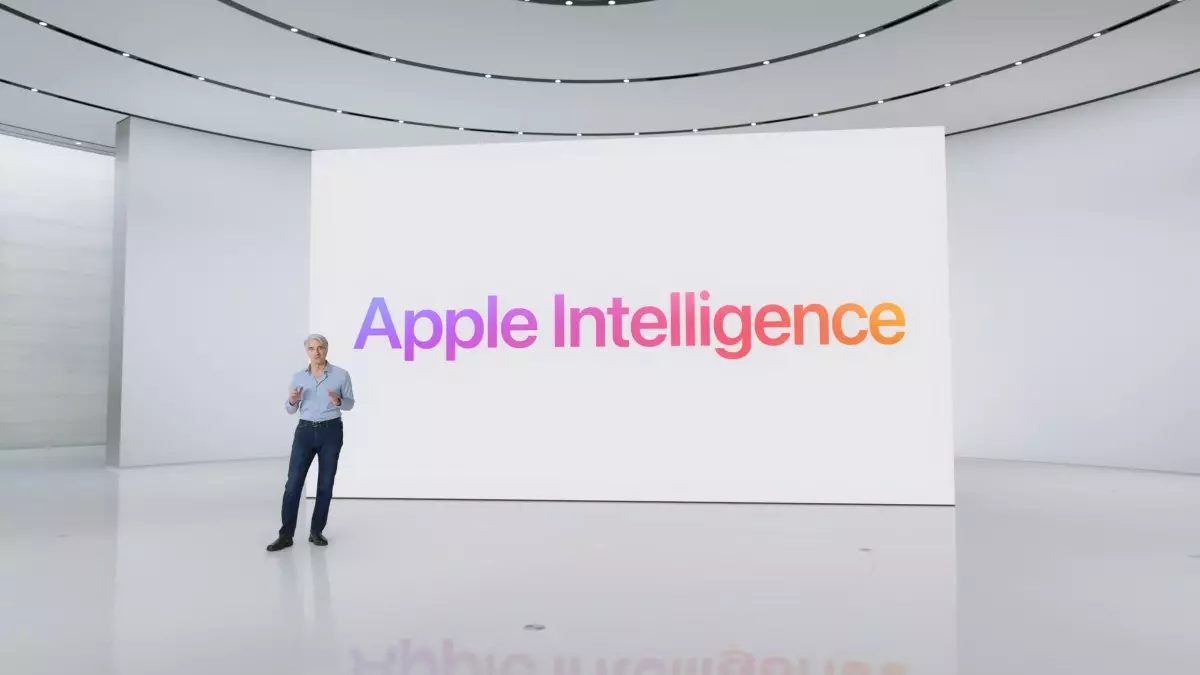Apple’s announcement of its AI plans for the iPhone 16 at WWDC generated a lot of excitement among analysts who predicted a potential “supercycle” for the device. However, the slow rollout of Apple Intelligence could significantly impact the supercycle potential. Despite the emphasis on prioritizing user experience and improving existing experiences through generative AI, delays in the rollout could affect the bottom line of the iPhone 16.
Regional limitations, especially in the EU and China, could pose key roadblocks for Apple in terms of financial performance. The integration of ChatGPT, a feature that was highly anticipated by industry watchers, is also unlikely to be available at launch. This could hinder Apple’s ability to compete effectively in the generative AI space and catch up with competitors like Google Gemini and OpenAI’s ChatGPT.
At present, only the iPhone 15 Pro/Pro Max are approved to run Apple Intelligence. The upcoming event is expected to change this, with rumors suggesting increased uniformity across the iPhone 16 line. Base models are likely to be equipped with A18 chips, while the Pro models will feature A18 Pros. While sales are a key focus for Apple and its shareholders, the company must also consider the long-term impact of rushing out Apple Intelligence too early.
While Apple’s AI plans for the iPhone 16 have generated a lot of excitement and anticipation, the company must address the challenges posed by the slow rollout, regional limitations, and integration issues. Balancing the need for increased sales with the goal of delivering a high-quality, user-friendly product will be crucial for Apple’s success in the AI space. Only time will tell how the company navigates these challenges and whether Apple Intelligence will live up to its potential as a game-changing feature for the iPhone 16.

